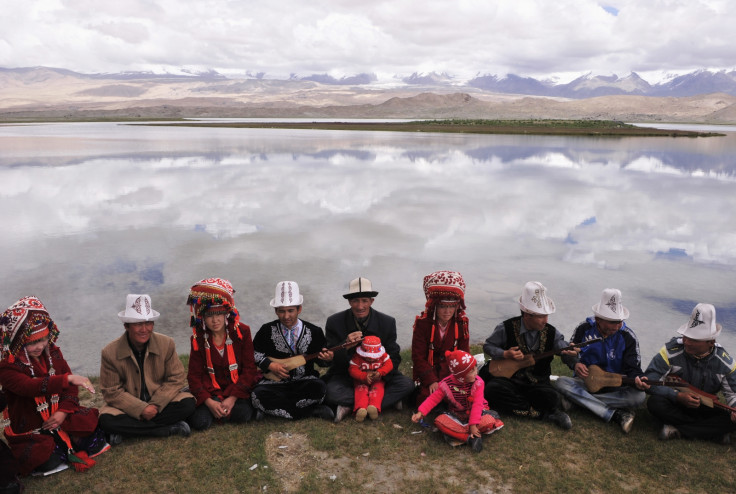International Day of the World's Indigenous People: Facts and statistics

The International Day of the World's Indigenous People is observed on 9 August every year, to highlight and address the problems faced by indigenous peoples regarding human rights, environment, education and health.
The theme for 2015 focuses on access to healthcare, which remains a major challenge. "On this International Day of the World's Indigenous Peoples, I call on the international community to ensure that they are not left behind. To create a better, more equitable future, let us commit to do more to improve the health and well-being of indigenous peoples," UN Secretary-General Ban Ki-moon said in a statement.
To celebrate the day, here are ten interesting facts about indigenous peoples:
370 million people in more than 70 countries identify themselves as Indigenous Peoples.
There are around 5000 different groups of Indigenous Peoples in the world.
There are over 100 uncontacted tribes in the world, according to Survival International
One third of the world's 900 million extremely impoverished rural people are Indigenous Peoples.
They face discrimination in legal systems, as well as threats such as removal of their lands, physical attacks and marginalisation, according to Amnesty International.
In Rwandan Twa households, poor sanitation was seven times higher than that of the national population, according to the World Health Organisation.
One in every six languages spoken on the planet comes from New Guinea.
According to WHO, suicide rates among Inuit youth in Canada are among the highest in the world, around 11 times the national average.
Worldwide, Indigenous Peoples account for 5% of the population.
Traditional indigenous lands and territories contain around 80% of Earth's biodiversity, so indigenous peoples can play a crucial role in managing natural resources, according to IFAD.
© Copyright IBTimes 2025. All rights reserved.





















